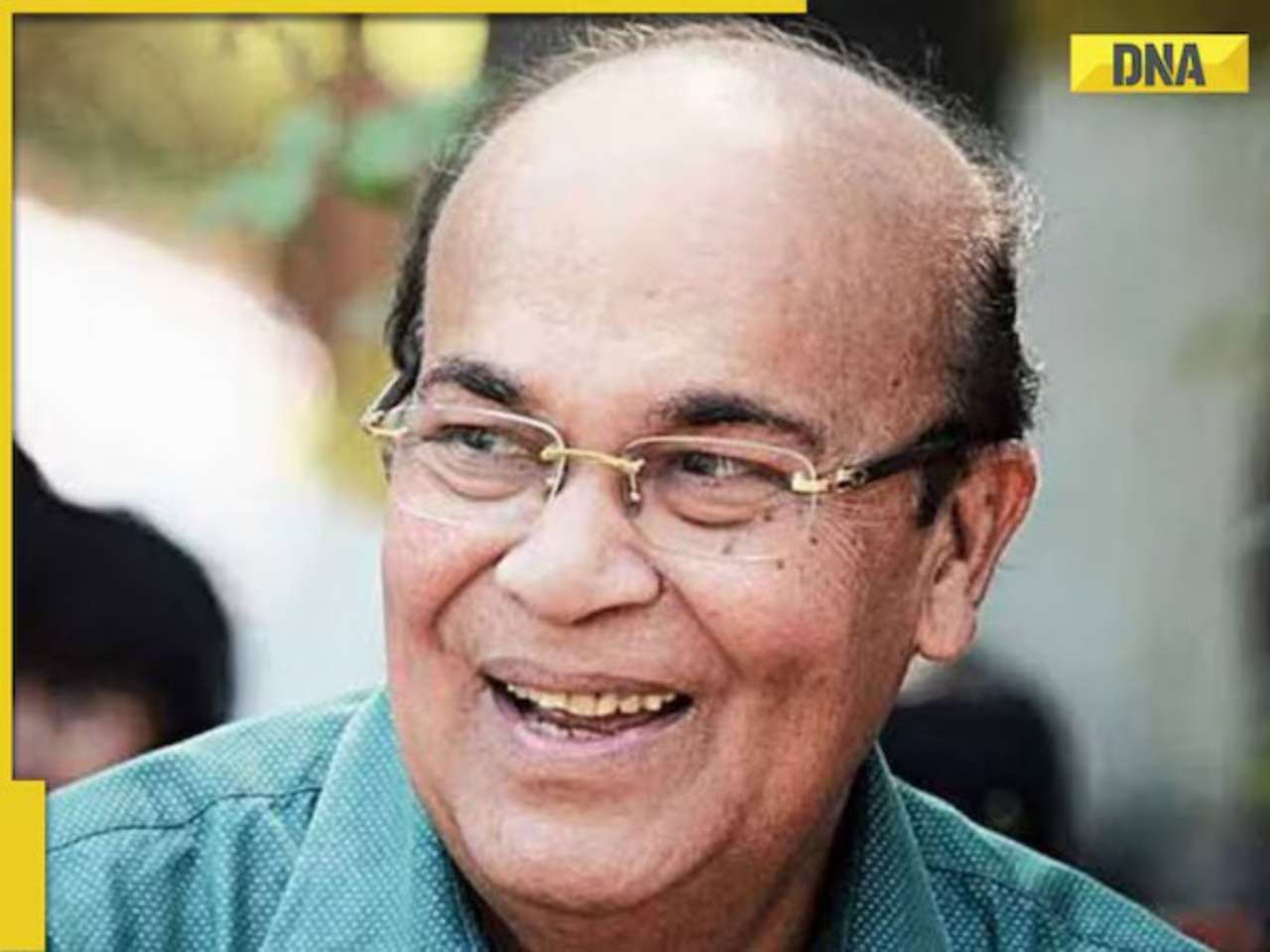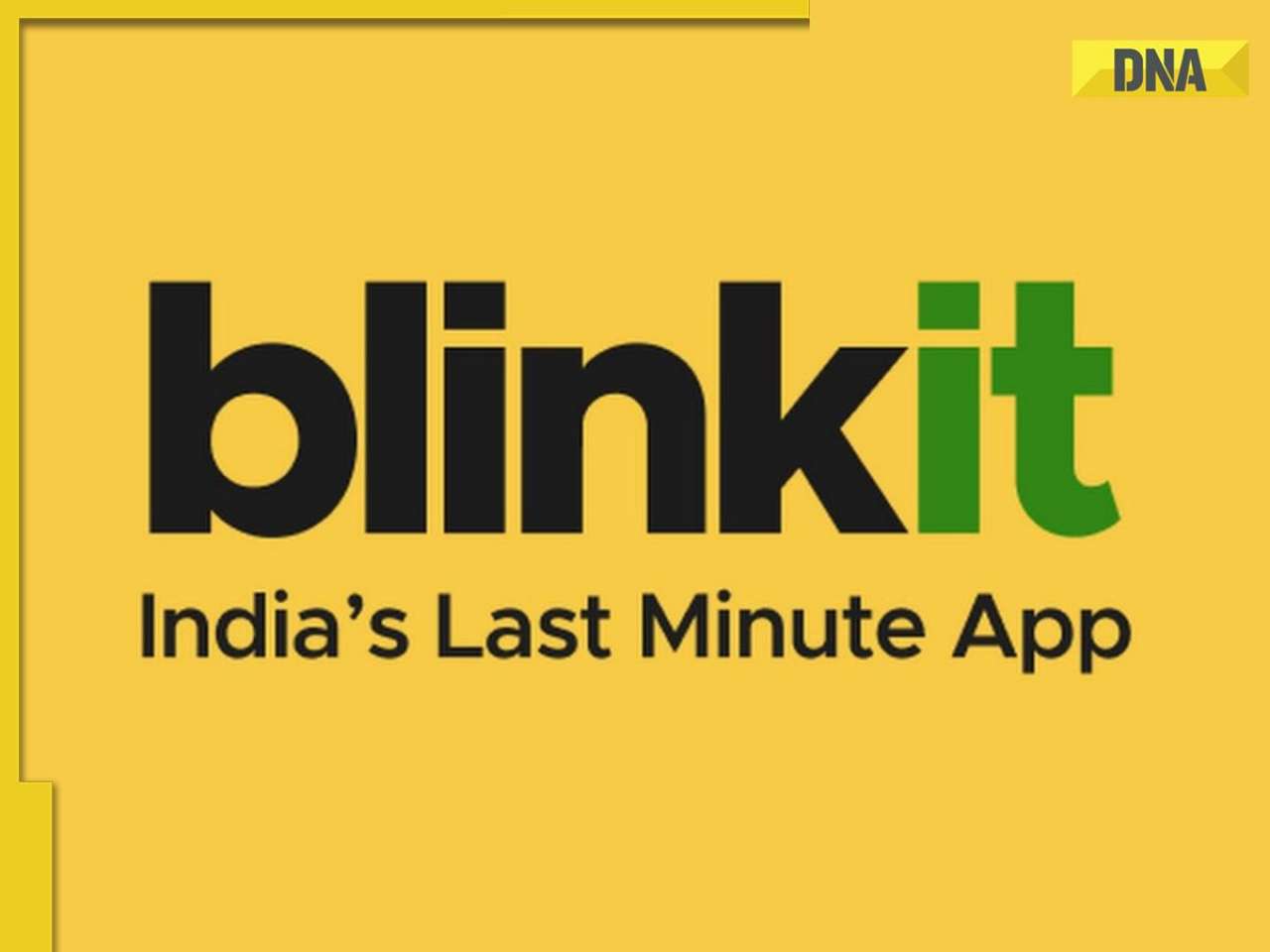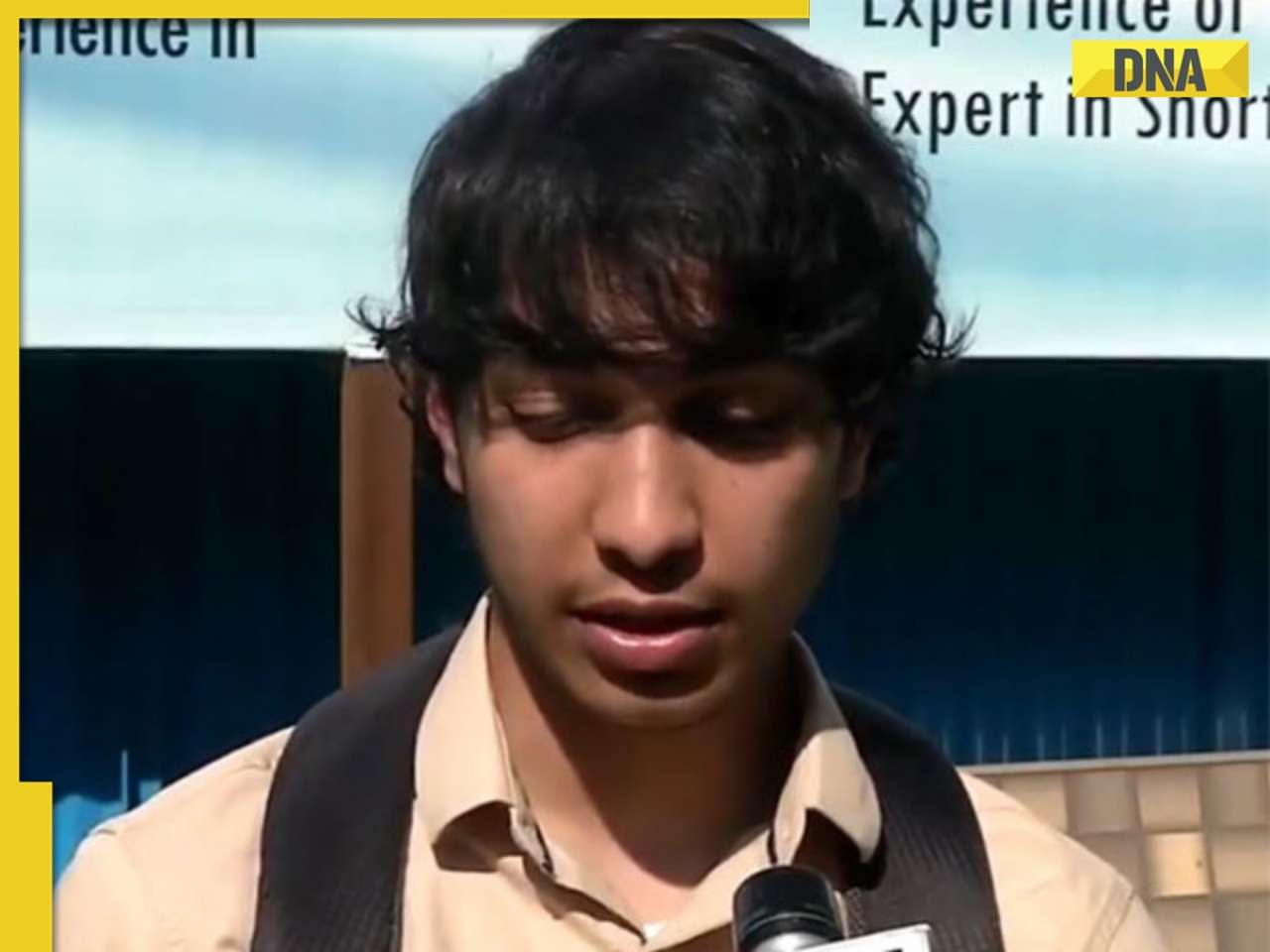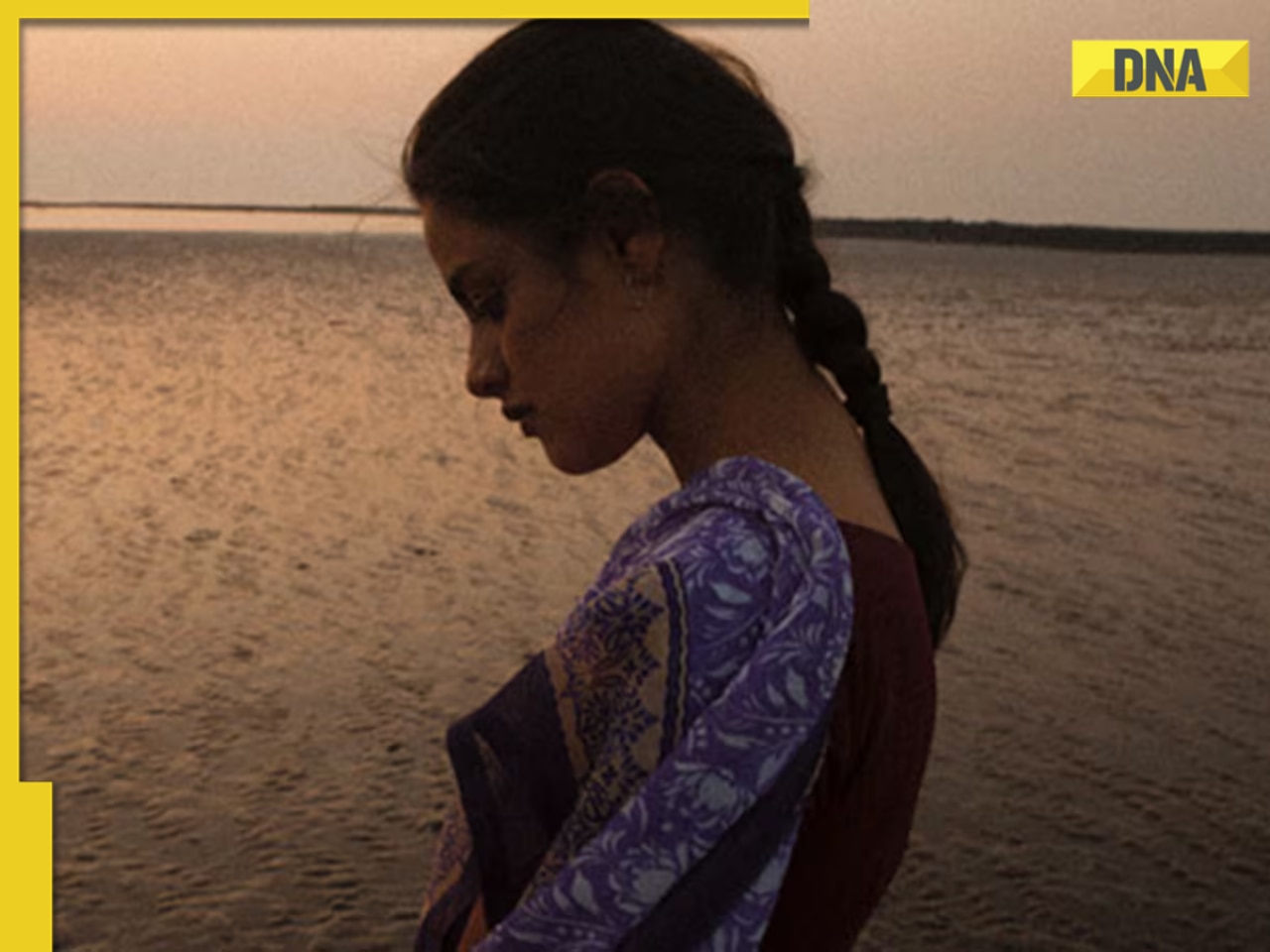Bedaquiline drug worth close to Rs 3.6 crore is being provided to India, free of cost, under international support mechanism by Stop TB Partnership's Global Drug Facility.
Six hundred tuberculosis (TB) patients will get access to Bedaquiline drug in India for the first time starting this month.
The Union Health Ministry is introducing the drug for patients who have encountered earlier failures in treatment of the infection. Such patients have increasingly gone on to become resistant to basic first line and second line of anti-TB drugs. Doctors, however, suggest treading with caution as the drug is known to cause major side-effects including that of the heart.
The six sites across the country where Bedaquiline will be made available are National Institute of TB and Respiratory Diseases and Rajan Babu TB Institute of Pulmonary Medicine and TB in New Delhi, KEM Hospital in Mumbai, BJ Medical College in Ahmedabad, Thoracic Medicine Hospital in Chennai and Guwahati Medical College in Assam, revealed an RTI query.
Bedaquiline drug worth close to Rs 3.6 crore is being provided to India, free of cost, under international support mechanism by Stop TB Partnership's Global Drug Facility. After the Indian government had sent a requirement to Jannsen Pharmaceutica, it has now received the drug dosages from the company for administration in 600 patients across India, under the Phase I of the conditional access programme.
In spite of the fact that such a large scale testing of the drug will happen in India for the first time, the government is reluctant to call it a 'drug trial.' It says it is testing the operational introduction of Bedaquiline in drug-resistant patients where other drugs have failed. "Bedaquiline is internationally known to be an efficacious drug. In India, it has been made available for a select group of patients initially, so that the physicians understand the methodology of introducing it operationally in patients, clubbing it along with other 6 – 7 TB drugs, that may form a part of the patients' regimen," said Dr Rohit Sarin, director, National Institute of TB and Respiratory Diseases, New Delhi.
For the first two months, the selected cohort of patients will be provided Bedaquiline drug daily, after which, for the next six months, they will be subjected to an intermittent dose of the drug thrice a week.
Bedaquiline is known to have a range of side effects ranging from nausea to liver toxicity and chest pain. Studies have shown that in some cases it may weaken the cardiac muscle cells that send signals to the heart muscles causing it to contract, causing the heart to beat irregularly. "Bedaquiline is known to have an adverse effect on conduction of heart. We have to be extremely cautious about its use and hence we are looking at gradual implementation of the drug programme," said Dr Sarin. "We have no data available for Bedaquiline usage in children. Selected patients will be above the age of 18 years."
According to the latest Medecins Sans Frontiers report, there are concerns over safety of the drug. During trials, 10 out of 79 patients in Bedaquiline group had died as opposed to 2 out of 81 patients in standard treatment group. "Although many of these deaths are attributed to TB itself, the difference is a source of concern and needs careful future monitoring as Bedaquiline use increases," said the report.
Concerns are being raised about how India will sustain the treatment programme after the stocks are exhausted in a year. "Bedaquiline is a patented drug. It is very expensive. Treatment with the drug can cost a patient up to 900US$. The drug should be made available at an affordable price to patients going forward," said Shailly Gupta, spokesperson, MSF access campaign, New Delhi.
Limited access
Bedaquiline was first conditionally approved by US Food and Drug Administration in 2012. According to the latest, barely two per cent patients of all those who can benefit from it have access to the drug.
It is the first TB drug in the last 40 years to be approved for use in drug-resistance cases.
India has an estimate of 70,000 -- 80,000 MDR-TB patients of which 1% - 2% fail treatment, according to WHO
While the Union Health Ministry is supervising the administration of Bedaquiline under the Revised National Tuberculosis Programme (RNTCP), it's sale or supply in private sector in India is prohibited
![submenu-img]() Meet man who once suffered loss of Rs 15 crore, then built Rs 2000 crore turnover company at 60, he is…
Meet man who once suffered loss of Rs 15 crore, then built Rs 2000 crore turnover company at 60, he is…![submenu-img]() 'They did her dirty': Aishwarya Rai fans criticise stylist for her 'failed art project' outfit on Cannes red carpet
'They did her dirty': Aishwarya Rai fans criticise stylist for her 'failed art project' outfit on Cannes red carpet![submenu-img]() Woman walks on the streets of Tokyo in saree, viral video shows people’s reaction
Woman walks on the streets of Tokyo in saree, viral video shows people’s reaction![submenu-img]() Blinkit offering ‘free dhaniya’ with vegetable orders, people now asking for free…
Blinkit offering ‘free dhaniya’ with vegetable orders, people now asking for free…![submenu-img]() Kartam Bhugtam: Shreyas Talpade-starrer is a riveting dive into the unknown
Kartam Bhugtam: Shreyas Talpade-starrer is a riveting dive into the unknown![submenu-img]() Meet PhD wife of IIT graduate hired at Rs 100 crore salary package, was fired within a year, he is now…
Meet PhD wife of IIT graduate hired at Rs 100 crore salary package, was fired within a year, he is now…![submenu-img]() Meet woman not from IIT, IIM or NIT, cracked UPSC exam in first attempt with AIR...
Meet woman not from IIT, IIM or NIT, cracked UPSC exam in first attempt with AIR...![submenu-img]() Maharashtra Board Results 2024: MSBSHSE class 10th, 12th results soon, know how to check results via SMS
Maharashtra Board Results 2024: MSBSHSE class 10th, 12th results soon, know how to check results via SMS![submenu-img]() Meet Indian genius who became world’s 'youngest' surgeon at 7, worked in IIT for...
Meet Indian genius who became world’s 'youngest' surgeon at 7, worked in IIT for...![submenu-img]() Meet Kashmir boy, who is JEE topper, wants to pursue Computer Science, he aims to clear...
Meet Kashmir boy, who is JEE topper, wants to pursue Computer Science, he aims to clear...![submenu-img]() DNA Verified: Is CAA an anti-Muslim law? Centre terms news report as 'misleading'
DNA Verified: Is CAA an anti-Muslim law? Centre terms news report as 'misleading'![submenu-img]() DNA Verified: Lok Sabha Elections 2024 to be held on April 19? Know truth behind viral message
DNA Verified: Lok Sabha Elections 2024 to be held on April 19? Know truth behind viral message![submenu-img]() DNA Verified: Modi govt giving students free laptops under 'One Student One Laptop' scheme? Know truth here
DNA Verified: Modi govt giving students free laptops under 'One Student One Laptop' scheme? Know truth here![submenu-img]() DNA Verified: Shah Rukh Khan denies reports of his role in release of India's naval officers from Qatar
DNA Verified: Shah Rukh Khan denies reports of his role in release of India's naval officers from Qatar![submenu-img]() DNA Verified: Is govt providing Rs 1.6 lakh benefit to girls under PM Ladli Laxmi Yojana? Know truth
DNA Verified: Is govt providing Rs 1.6 lakh benefit to girls under PM Ladli Laxmi Yojana? Know truth![submenu-img]() Aishwarya Rai Bachchan turns heads in intricate black gown at Cannes, walks the red carpet with injured arm in cast
Aishwarya Rai Bachchan turns heads in intricate black gown at Cannes, walks the red carpet with injured arm in cast![submenu-img]() Laapataa Ladies' Poonam aka Rachna Gupta looks unrecognisable in viral photos, amazes with jaw-dropping transformation
Laapataa Ladies' Poonam aka Rachna Gupta looks unrecognisable in viral photos, amazes with jaw-dropping transformation![submenu-img]() In pics: Taarak Mehta Ka Ooltah Chashmah actress Deepti Sadhwani dazzles in orange at Cannes debut, sets new record
In pics: Taarak Mehta Ka Ooltah Chashmah actress Deepti Sadhwani dazzles in orange at Cannes debut, sets new record![submenu-img]() Ananya Panday stuns in unseen bikini pictures in first post amid breakup reports, fans call it 'Aditya Roy Kapur's loss'
Ananya Panday stuns in unseen bikini pictures in first post amid breakup reports, fans call it 'Aditya Roy Kapur's loss'![submenu-img]() Remember Harsh Lunia? Just Mohabbat child star, here's how former actor looks now, his wife is Bollywood's popular...
Remember Harsh Lunia? Just Mohabbat child star, here's how former actor looks now, his wife is Bollywood's popular...![submenu-img]() Haryana Political Crisis: Will 3 independent MLAs support withdrawal impact the present Nayab Saini led-BJP government?
Haryana Political Crisis: Will 3 independent MLAs support withdrawal impact the present Nayab Saini led-BJP government?![submenu-img]() DNA Explainer: Why Harvey Weinstein's rape conviction was overturned, will beleaguered Hollywood mogul get out of jail?
DNA Explainer: Why Harvey Weinstein's rape conviction was overturned, will beleaguered Hollywood mogul get out of jail?![submenu-img]() What is inheritance tax?
What is inheritance tax?![submenu-img]() DNA Explainer: What is cloud seeding which is blamed for wreaking havoc in Dubai?
DNA Explainer: What is cloud seeding which is blamed for wreaking havoc in Dubai?![submenu-img]() DNA Explainer: What is Israel's Arrow-3 defence system used to intercept Iran's missile attack?
DNA Explainer: What is Israel's Arrow-3 defence system used to intercept Iran's missile attack?![submenu-img]() 'They did her dirty': Aishwarya Rai fans criticise stylist for her 'failed art project' outfit on Cannes red carpet
'They did her dirty': Aishwarya Rai fans criticise stylist for her 'failed art project' outfit on Cannes red carpet![submenu-img]() Kartam Bhugtam: Shreyas Talpade-starrer is a riveting dive into the unknown
Kartam Bhugtam: Shreyas Talpade-starrer is a riveting dive into the unknown![submenu-img]() Richa Chadha says Heeramandi co-star Sharmin Segal being trolled for her performance is 'audience’s right'
Richa Chadha says Heeramandi co-star Sharmin Segal being trolled for her performance is 'audience’s right'![submenu-img]() Meet only Indian actress whose film is competing for top prize at Cannes; not Aishwarya, Deepika, Kiara, Priyanka, Alia
Meet only Indian actress whose film is competing for top prize at Cannes; not Aishwarya, Deepika, Kiara, Priyanka, Alia![submenu-img]() How two heroines beat Rajinikanth, Vijay, Dhanush to give Tamil cinema's biggest hit of 2024; low-budget film earned...
How two heroines beat Rajinikanth, Vijay, Dhanush to give Tamil cinema's biggest hit of 2024; low-budget film earned...![submenu-img]() Woman walks on the streets of Tokyo in saree, viral video shows people’s reaction
Woman walks on the streets of Tokyo in saree, viral video shows people’s reaction![submenu-img]() Why Australians walk barefoot in public: Here’s the reason
Why Australians walk barefoot in public: Here’s the reason![submenu-img]() People in this country compete to see who’s best at doing nothing, here's why
People in this country compete to see who’s best at doing nothing, here's why![submenu-img]() Viral video: Influencer dressed as 'Manjulika' dances on crowded road, internet reacts
Viral video: Influencer dressed as 'Manjulika' dances on crowded road, internet reacts![submenu-img]() Viral video: Baby elephant receives 'Z-category security' during family nap in Tamil Nadu reserve
Viral video: Baby elephant receives 'Z-category security' during family nap in Tamil Nadu reserve






































)




)
)
)
)
)
)